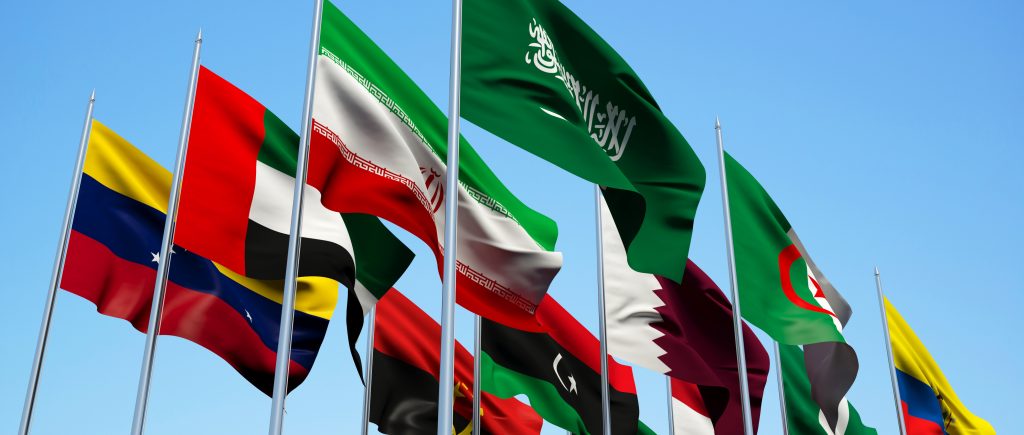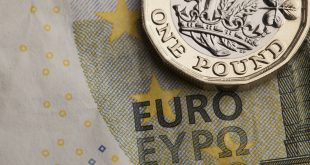The Organization of the Petroleum Exporting Countries and its allies led by Russia, known as OPEC+, have been unwinding historic production cuts they instated in 2020 after the pandemic caused an unprecedented fall in global demand.
Then, former US President Donald Trump intervened to encourage Riyadh and Moscow to end a price war and work together to shore up the oil market.
Oil prices , have rallied to their highest levels in over seven years this week on tight supply and disruptions to crude exports from Russia caused by wide-ranging sanctions on Moscow.
Members of the International Energy Agency (IEA) who met on Tuesday to discuss the Ukraine crisis, agreed to release 60 million barrels of oil from strategic reserves.
The United States would like to see OPEC+ increase output more quickly than it has been doing since August.
Only a few countries have spare capacity, including de facto OPEC leader Saudi Arabia and its Gulf neighbour the United Arab Emirates (UAE).
Riyadh has so far resisted US calls to increase output more quickly than called for under the OPEC+ agreement.
At its last meeting on Feb. 2, OPEC+ agreed to increase output by 400,000 barrels per day (bpd) for March, leaving it with another 2.6 million bpd of cuts to unwind by end of the September.
Saudi Arabia’s cabinet on Tuesday reaffirmed its commitment to the OPEC+ agreement, which calls for monthly increases of 400,000 bpd, Saudi state news agency said. .
Russian President Vladimir Putin held a call with Abu Dhabi Crown Prince Sheikh Mohammed bin Zayed al-Nahyan on Tuesday in which they discussed the OPEC+ deal and pledged to continue coordination on global energy markets, Russian and Emirati news agencies reported.
Four OPEC+ sources told Reuters on Tuesday the group would likely agree another 400,000 bpd increase for April when it meets on Wednesday despite events in Ukraine.
The sources said Russia’s invasion of Ukraine – which it calls a “special operation” – had had no impact to date on the functioning of the supply agreement.
The UAE, a close US ally in the Middle East, abstained in a Feb. 25 vote on a draft United Nations Security Council resolution deploring Moscow’s actions.
A diplomatic adviser to the UAE president said that was to encourage a political solution and taking sides would only encourage violence.
A technical committee meeting of the OPEC+ alliance met on Tuesday to assess the latest fundamentals.
A report prepared for the committee, seen by Reuters, has showed that OPEC+ had revised down its oil market surplus forecast for this year by about 200,000 bpd to 1.1 million bpd under its base scenario.
The report did not assess the market impact of potential big disruptions to Russian oil supplies from sanctions.
Saudi Arabia on Tuesday reaffirmed its commitment to an OPEC+ agreement with Russia in the oil markets despite widening sanctions on Moscow and global outrage over its military assault on Ukraine.

 Noor Trends News, Technical Analysis, Educational Tools and Recommendations
Noor Trends News, Technical Analysis, Educational Tools and Recommendations




